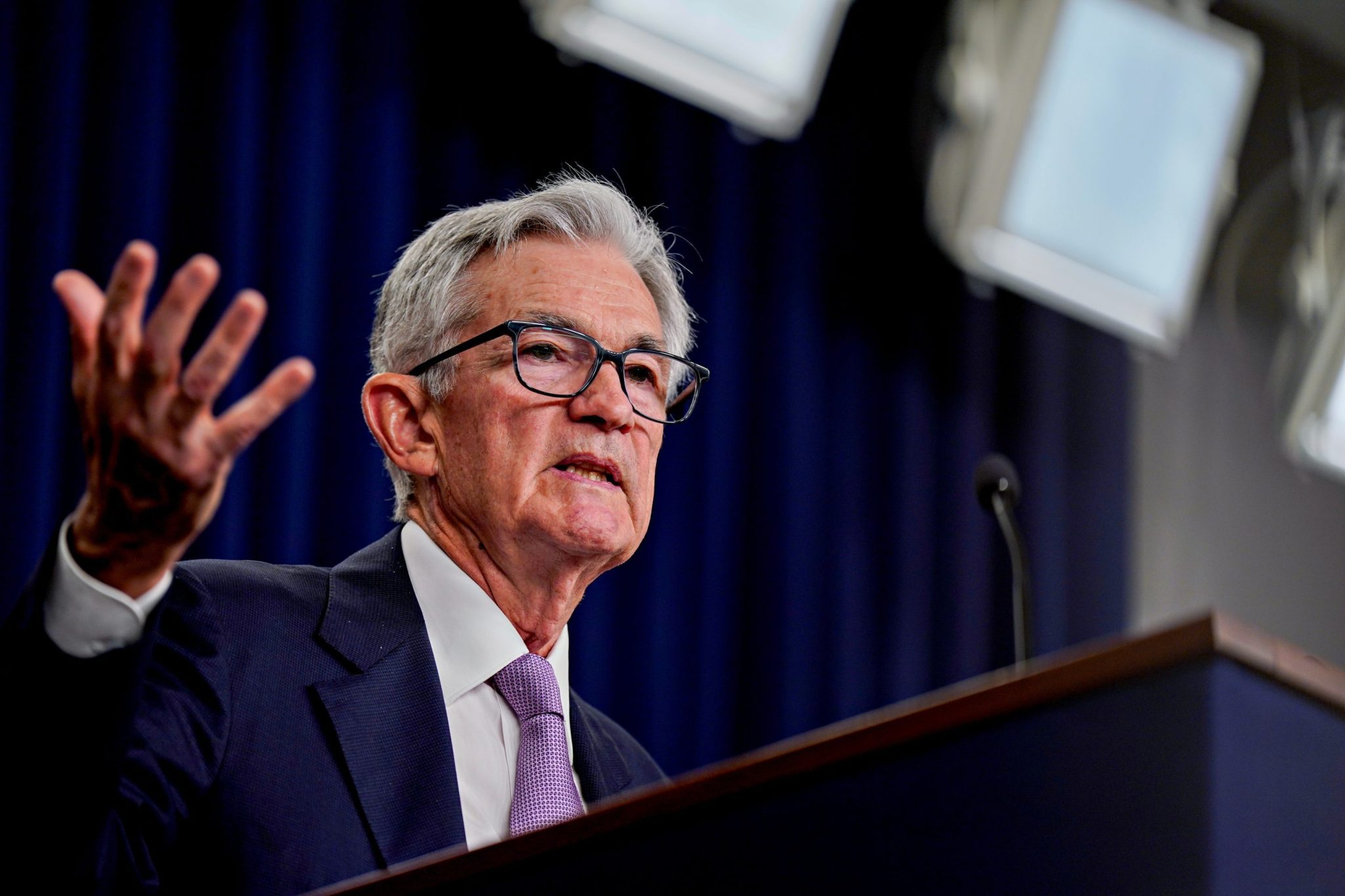Analysts are starting to wonder if Fed chair Jerome Powell may achieve what many believed impossible: bringing the economy down from a period of rampant inflation without plunging it into a recession.
After years of the Powell-led Federal Open Market Committee (FOMC) focusing on bringing down price inflation, markets were growing concerned that unemployment may begin to rear its ugly head.
And a shaky jobs report in August was enough to change the narrative of even the more hawkish members of the FOMC, who said rates needed to come down to protect employment.
September’s jobs report will have done a great deal to steady that ship, adding 104,000 more jobs than anticipated.
Nonfarm payrolls rose by 254,000 last month, the Bureau of Labor Statistics reported Friday, well above the 150,000 expected by forecasters.
And the good news is prompting analysts to hope—if not be convinced—that the U.S. will escape a recession.
“The general direction of U.S. employment signals an economy very far from ‘recession,’” wrote UBS’s chief economist Paul Donovan in a note seen by Fortune this morning.
That being said, consumers may not be feeling as optimistic as their Wall Street peers.
“Voters do not think about abstract concepts like GDP, have a distorted view of price levels, and believe that pay increases are due to them working harder,” Donovan continued. “While the reality is people have a higher standard of living for the same amount of work, the perception is people are working harder to stand still.”
While remarkably robust consumers may not note the same green shoots some analysts see, it’s worth noting that many experts never thought they would have cause for such optimism.
Former Treasury Secretary Larry Summers, for example, said in October 2022 that a U.S. recession and unemployment hitting 6% would be necessary for the then-surging inflation to be brought under control.
While inflation hasn’t been wrestled back to its target of 2%—it’s not far off. The Bureau of Labor Statistics reported in early September that the CPI had increased 2.5% for all items over the past 12 months.
Goldman lowers to 15%
Goldman Sachs is equally buoyed by the economic data it is seeing, so much so that it has revised down the odds of a recession and a so-called ‘hard landing’ as a result.
The financial institution’s 12-month recession indicator ticked five percentage points lower in a note…
Click Here to Read the Full Original Article at Fortune | FORTUNE…


